Category — Features
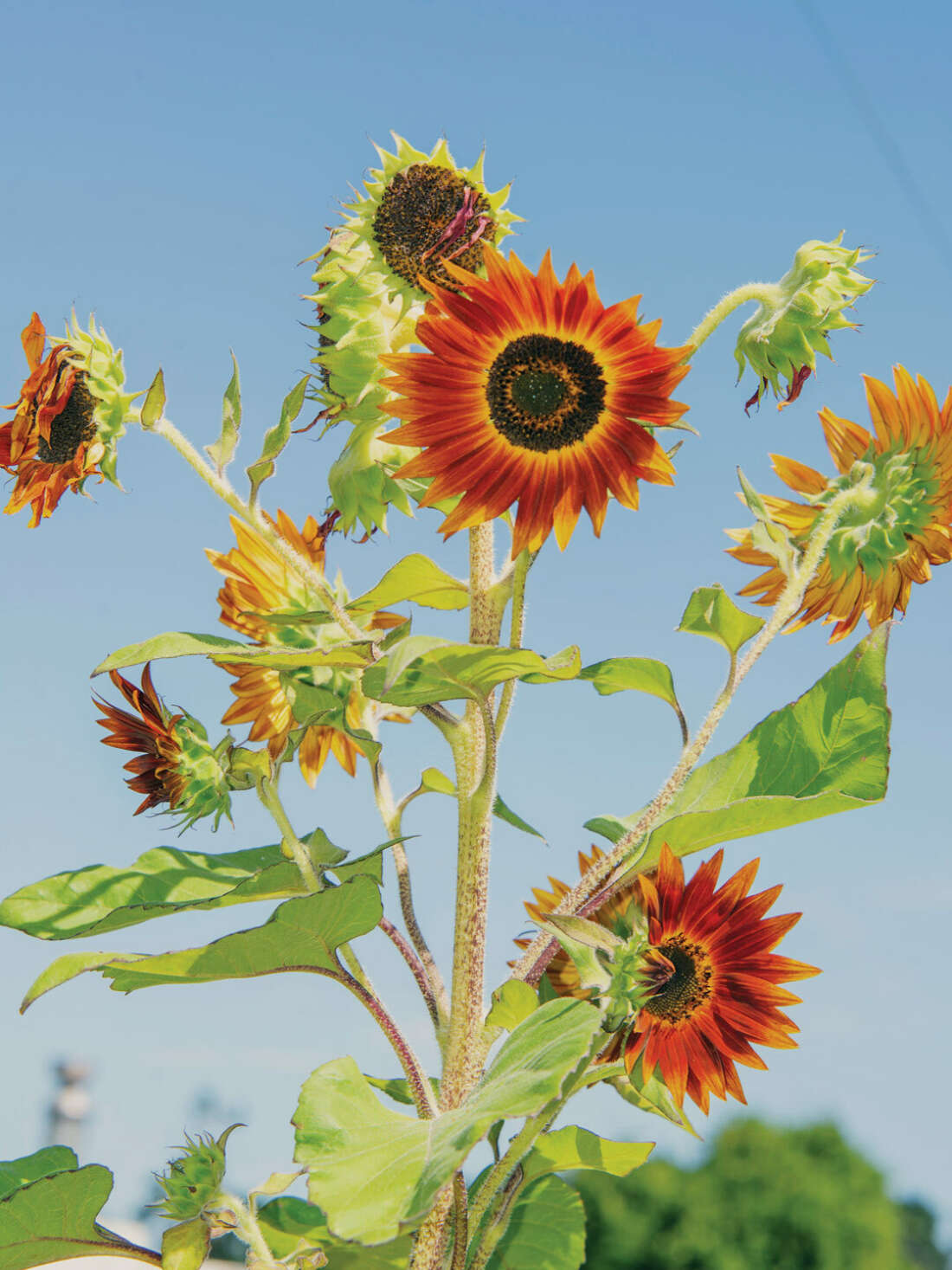
Kapwa
From lockdown to Open Homes – generating a village through the practice of giving.
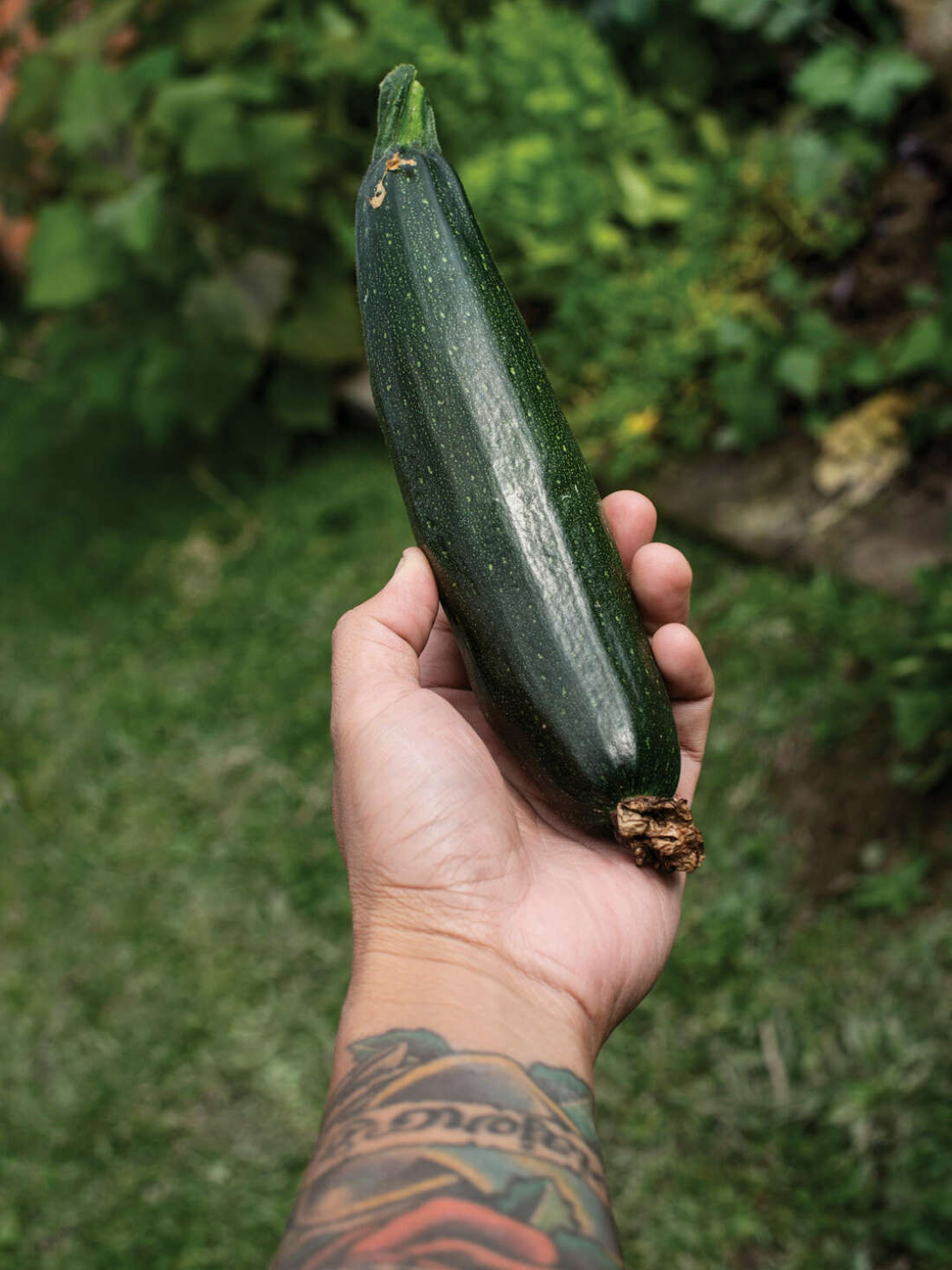
My wife and I often imagine what our life would be like if we didn’t leave our homeland in the Philippines to come to Aotearoa. We could have still been immersed in the seemingly endless process of decomposition of four hundred and fifty years of colonisation and the gospel of progress it perpetuates. We could have been living under a populist tyrant in the longest Covid-19 lockdown in Southeast Asia, with no mass testing, militarisation, an anti-terror bill passed to silence all opposition and the continuous murder of peasant farmers to displace them from their lands. We could have — like my brother — been alone in an apartment building, dependent on the not-so-comforting glow of his various screens, a meagre substitute for interaction with the natural environment. We could have been like many of our family and friends who, for seven months now, have had no physical contact with loved ones. We would have been amongst all of the desperate people wanting to escape this frenetic situation I call Dutertopia.
Instead, we inhabit a very confusing space. We are haunted by the heavy shadow of our homeland and by the constant presence of the multiple crisis of wildfires, ecological and climate breakdown, Black Lives Matter and social unrest, the continuing pandemic, rising unemployment, climate and war refugees. Yet, at the same time, we find ourselves — here and now — working to generate the opposite; actively reimagining and remaking our lives on this whenua, as part of our growing village, in New Lynn, Aotearoa.
Nature is speaking through this virus, telling us that she is not healthy or happy with our extractive and unsustainable way of life. But the paradox of the first lockdown was that it gave us hope. A pause from the daily grind provided time to understand that our practice of gardening over the previous two and half years had prepared us for crisis better than those around us. As seedlings disappeared from garden centres, supermarket shelves emptied and my wife Grace continued to work from home, I stood in my garden and contemplated the abundance of lettuce seedlings which had self-seeded at my feet. Nature was speaking a hopeful truth to me; that there doesn’t need to be extraction or scarcity. She was teaching me that all life and freedom is founded on our relationship with the land. I had an epiphany and started to prick the lettuce seedlings out, pot them and make them available to my neighbours from a table at my front gate – along with produce, worm fertilisers and seeds. That’s where my story was centred in the last volume of Stone Soup.
After the first lockdown, I wandered out of our village for a while, spending a lot of time learning in the mara at Papatūānuku Kōkiri Marae: a space which helped fertilise the ongoing path of decolonisation my wife and I have been travelling down since we arrived in Aotearoa. I was surrounded by people immersed in te ao Māori, who taught me about their hua parakore practice. I became embedded in their whanau through whanaungatanga.
When Grace and I attended a te reo Māori class, she suggested that if we wanted to learn te reo, we had to find mirrors of its concepts in our own language. This led us back to kapwa, a core value of our pre-colonial society, and something which informs the generosity many Filipinos are known for, in spite of our social decomposition. Kapwa is a practice of reciprocity which is mirrored by whanaungatanga: it is about relationships, not only with fellow human beings but with all of nature: microbes and worms, birds and bees, plants and trees, rivers, air, sun and moon. As we learnt through the lens of te ao Māori, we were led back to something in ourselves that we had lost our connection with.
We now understand that our garden has propagated kapwa since the first sunflower popped its head over our fence. Many people have been drawn to our sunflowers like honeybees, but during the lockdowns, they became a swarm. Our garden is a living entity with an energy of its own, emitting generosity, kindness, love and joy to its surroundings. It has not only connected us with our past, but it also connects us with our neighbours.
Interestingly, our garden connects our neighbors with their past too. A regular visitor loves to tell stories of her father who was a great gardener, and their self-sufficient life in Hungary before she moved to Aotearoa in the 1950s. Our Tuvaluan neighbour reminisces of his father growing fruit trees and veggies in their backyard. Our Samoan neighbour recalls his way of life back home, and how the practice of growing and a culture of sharing through seeds and plants is still alive. Our Indian neighbour says our garden reminds him of the way of life he left behind in Southern India. Even our landlords have been beneficial microbes and an example to other landlords – a Fijian Indian husband and wife who allowed us to dig up the whole section, and who enjoy visiting the space and leaving with a basket full of beans. Our kiwi neighbour remembers the family who first inhabited our house, who filled the entire 1/4 acre section with fruit trees and strawberries. Walking into the future, we are discovering our past together.
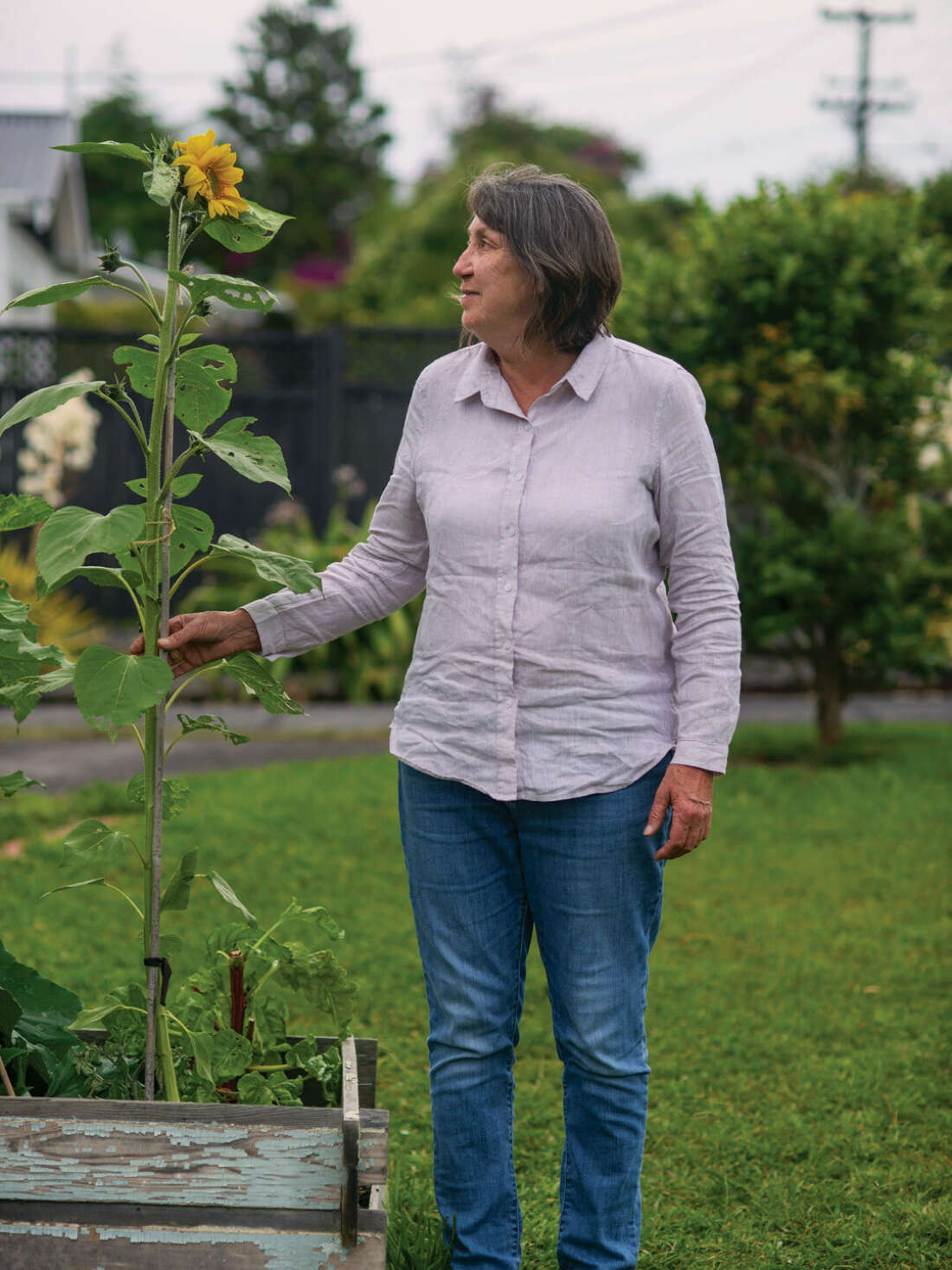
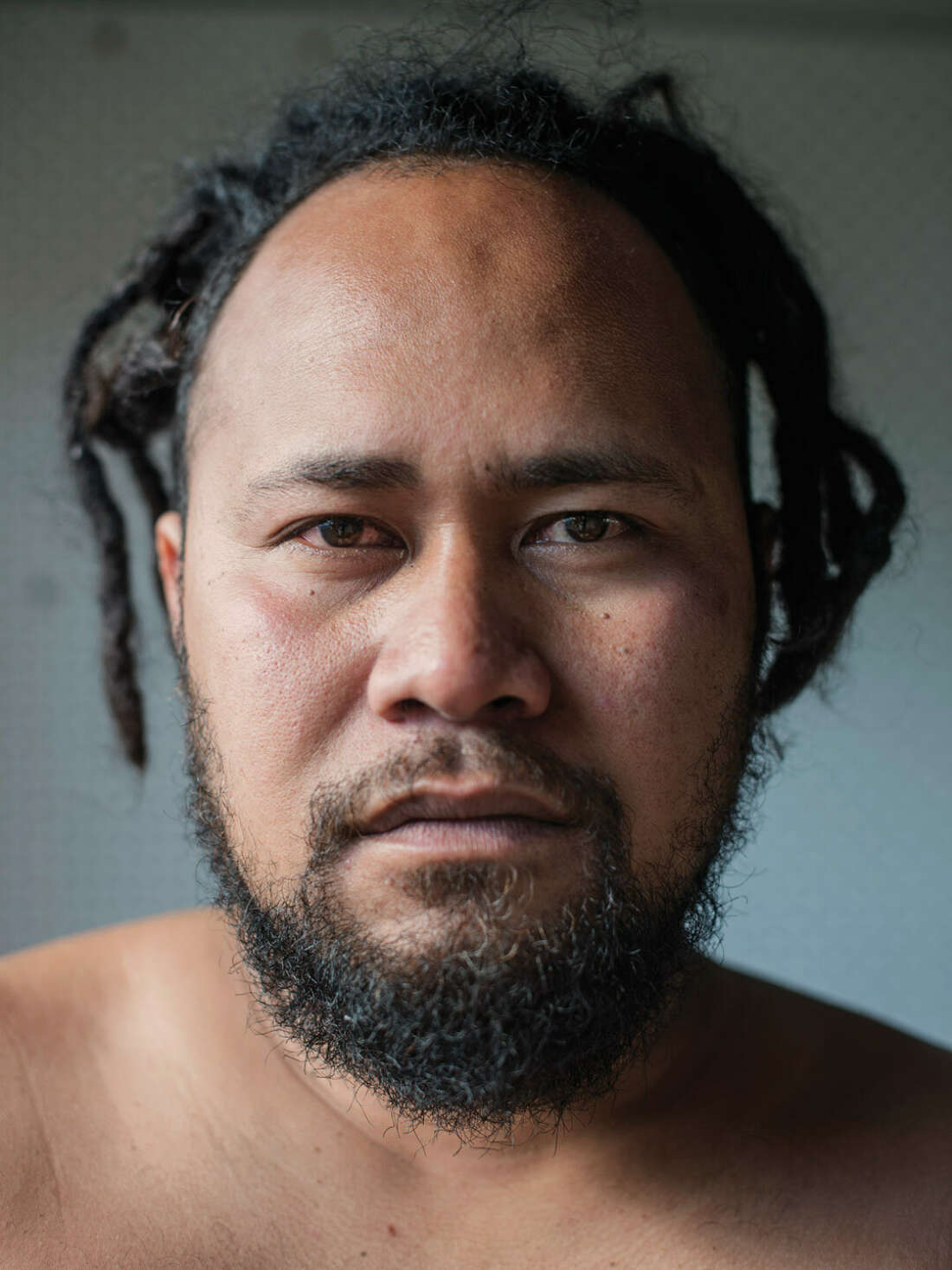
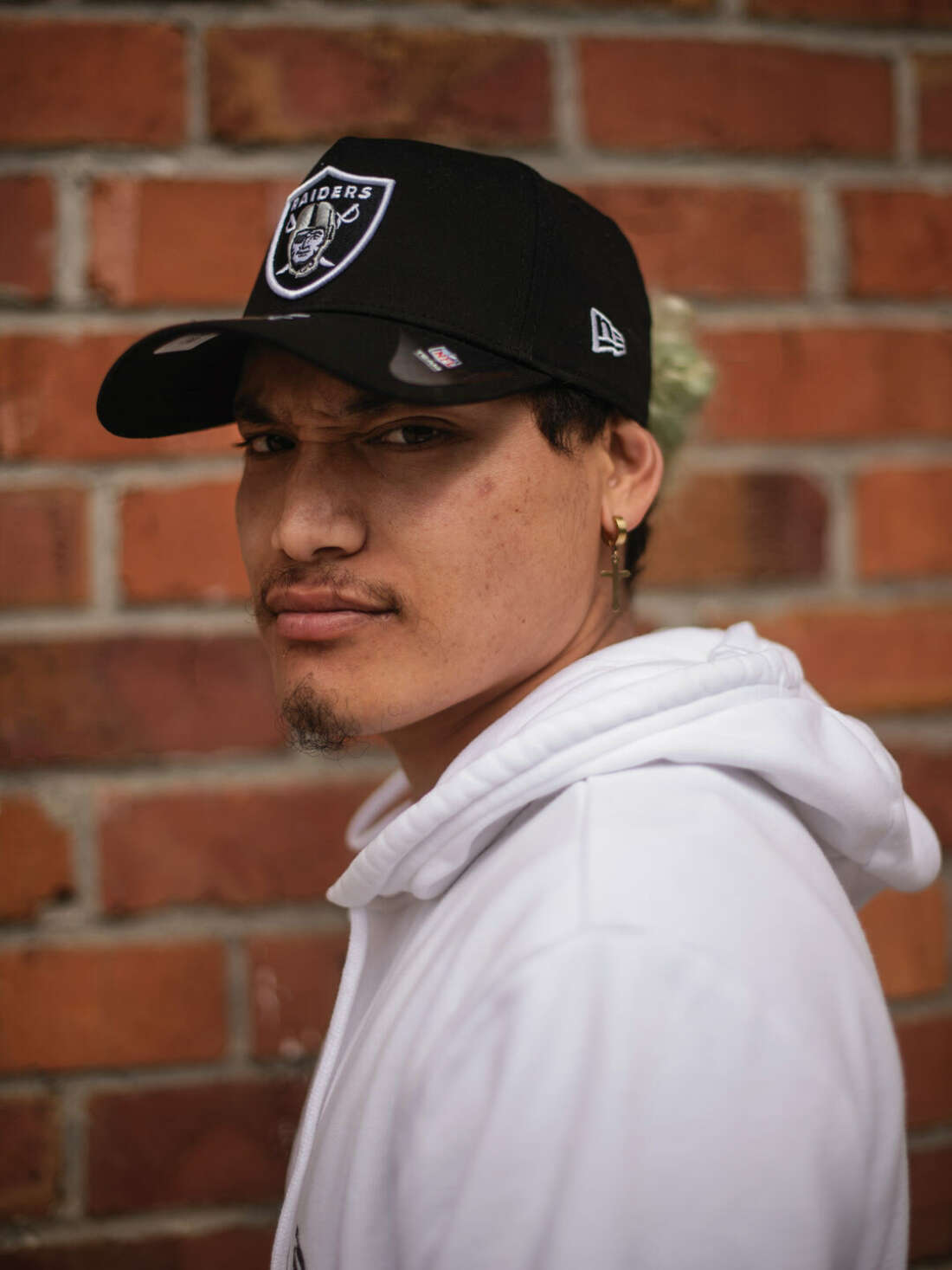
Before our Hungarian neighbour left the hood recently, to move into a retirement village, she came to visit, to say farewell and thank us for sharing. She gave me a big hug and left me with a pearl of wisdom. After eighty-four years on this planet, she had come to realise that life is a practice in which we must make the most of our short time, focus on the things that we love doing and value our relationships within our family and community. These days I try to constantly remind myself of her wisdom and dedicate myself to what I’m truly passionate about in life. The active practice of paradise engineering: reconnecting with and relearning my ancestral world view, nurturing the land, producing abundance and fertilising community through sharing. This practice is an active generation of the future, in communion with the whenua by participating in the communal rituals of growing, preparing and sharing kai from and in our own backyards. Through this practice, I have come to realise that real democracy depends on localism, that if we can practise our local culture in local soil, this is what constitutes true value and meaning in life.
Returning to our village this spring, connections which were forged first by sunflowers and then during the first lockdown have deepened. Our neighbours are now opening their homes to us too. My Indian neighbour brings us curry, invites us to his children’s birthday party, and has recently offered a piece of his backyard to grow more food for our street – so long as I grow some chillies. My Samoan neighbour Mike – a regular visitor to our deck – supplies cardboard from his work to establish no-dig garden beds, has sourced banana and taro plants from his community so we can establish them in his front lawn, and gifts his labour and car to help me collect manure and seaweed. Many others on our street bring coffee grounds and food scraps for compost making, seedling trays and seeds for germination, and even the occasional six-pack of beer or chocolate brownie. And my landlords have just given me permission to dig up the street front to plant vegetables along the footpath.
We have become a collaborative agriCulture-supported community, entwined in a non-monetary economy through gifting, exchange and sharing. Our community is building resilience by restoring a culture of sharing in a time of crisis.
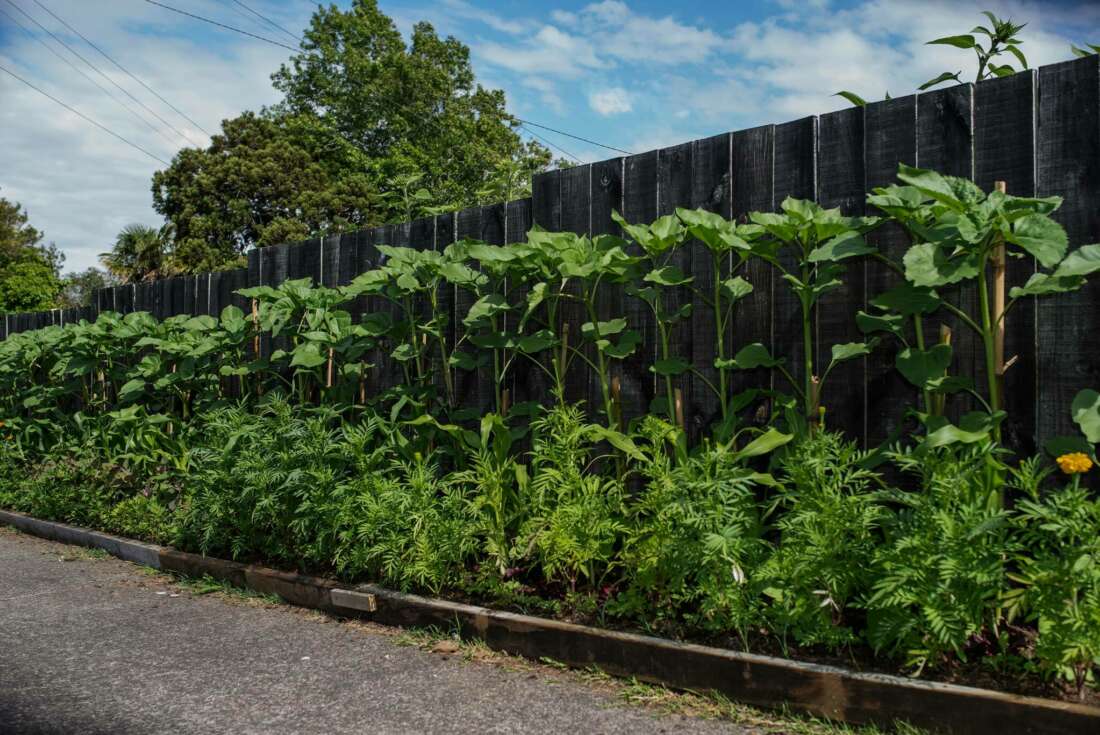
Encouraged by this energy and inspired by my elderly friend’s wisdom, we want our roots to go even deeper still, to welcome more people in to play. We plan to hold gardening sessions in our space, learning together by sharing knowledge as we plant, build compost, harvest, ferment, cook and share in conviviality. Instead of having an ‘Open Home’ to sell property, we will open our home to give away free starter gardening kits with instructions, seedlings, seeds, fertiliser, produce and other fermented products created in previous gardening sessions. We plan to recreate the fiesta experience from the Philippines, a social gathering and celebration of generosity where people open their doors to the public and serve home-cooked food. Our village gathering in our Open Home, with food we have produced together in ours and theirs.
The practice of kapwa / whanaungatanga restores our humanity, braids us together in nets of kindness and reciprocity, points us towards a viable future in harmony with all the other living organisms in this fermentation process of Aotearoa. We hope the Open Homes of our village will inspire other homes to open, that it is a model that germinates in other communities, making them and theirs more connected and resilient too.